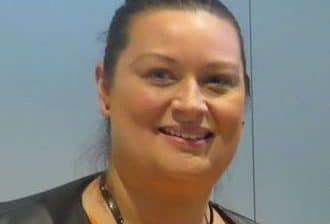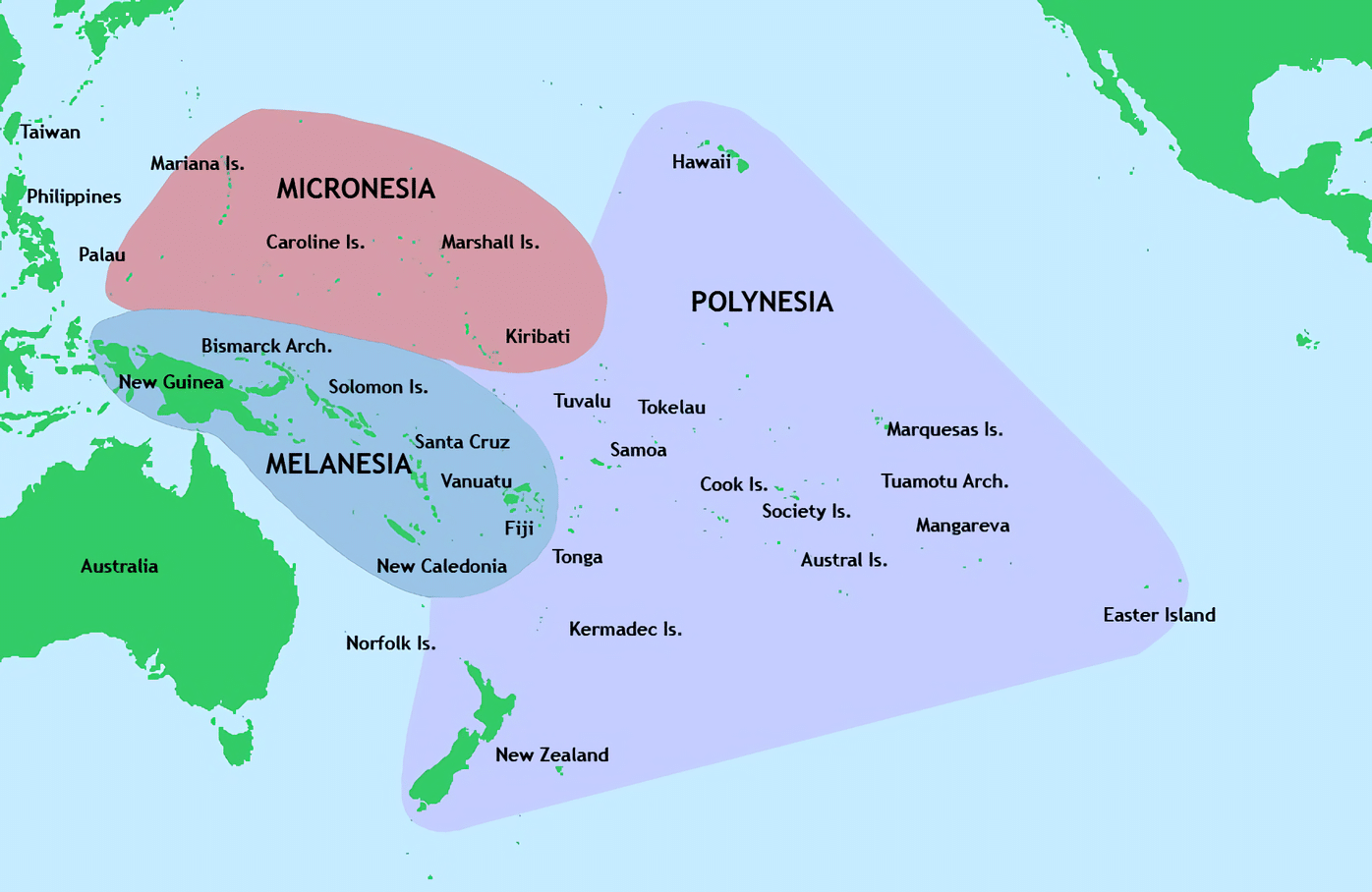
Rochelle Nafatali
The Pacific Autism study investigates the lived experiences of Pacific parents raising a child on the autism spectrum, their use of available supports and resources, and how they have taught their Pacific culture and language to their autistic child/ren.
The principal researcher is Massey University (Albany) Doctorate of Clinical Psychology (DClinPsych) student Rochelle Nafatali, who is supervised by Dr Siautu Alefaio (Albany), Dr Natasha Tassell-Matamua (Manawatū), and Dr Matt Shepherd (Albany). The project represents potentially the first research on autism within Pacific families, and the first of its kind in Aotearoa New Zealand. Ms Nafatali is funded through a Massey University Pasifika Doctoral Scholarship to undertake this work.
The broad aims of the research are:
- To investigate Pacific autism parents’ holistic lived experiences (the challenges and special blessings) of raising a child on the autism spectrum
- To survey the holistic supports which Pacific autism families are currently accessing/not accessing, and what supports they need but which are currently not available or accessible to them; and
- To explore how Pacific autism families teach their autistic child/ren their family’s heritage Pacific language and culture.
The study is half-way through data collection with a number of Pacific Auckland-based autism families and includes representation across the Pacific nations.
Integral to this project is the use of Pacific qualitative methods developed from the methodological frameworks of Talanoa (Vaioleti, 2006), and Fa’afaletui (Alefaio, 2014). Talanoa is sometimes translated roughly as ‘dialogue’ but has deeper meanings and various purposes within Polynesian cultures (Vaioleti, 2006). Pacific research methodologies are unique in that they privilege Pacific knowledge, and view Pacific knowledge-holders or cultural collaborators as providing the highest level of authority and ‘evidence’ in Pacific research (Fa’avae et al., 2016). Within Fa’afaletui (meaning ‘houses of knowledge’), Pacific family members from various families each represent a unique ‘fale’ or house of knowledge (Alefaio, 2014). Each family or fale holds knowledge both as Pacific people and parents, as well as being experts in their own experience of raising a child or children on the autism spectrum.
Rochelle Nafatali presented her Doctoral research topic at the School of Psychology, Massey University Albany campus in December 2019. This event was witnessed by research colleagues, academics, family, supporters from the Pasifika Autism Support Group, and Altogether Autism national manager Catherine Trezona. Rochelle and family relocated from Wellington to Auckland to access family and other supports, and to engage in this important research. The research focuses on the lived experiences and support needs of Pacific parents raising children on the autism spectrum, and the transfer of traditional language and culture within these families. This research aims to contribute towards improved awareness, advocacy, and accessibility to support services for Pacific autism families.
The perspectives of the various ‘fale’ are weaved together to collate or create new knowledge (Alefaio, 2014). The researcher’s position as a Pacific parent of a child on the autism spectrum also provides the basis for a shared cultural background and shared experience that talanoa premises itself upon and highlights in its research data.
Based on relationships, Pacific research methods allow for more real and deep conversations to take place between participants than in other types of research methodology, and as research processes, allow for appropriate Pacific protocols to be observed, as well as a more equal partnership, and shared ownership of the research data (Vaioleti, 2006, 2013). Importantly, Pacific research methods are undertaken with the goal of producing positive outcomes for Pacific people in some way (Fa’avae et al., 2016).
It is hoped that this research would illuminate the creative ways of passing on traditional language and culture that have worked for our Pacific autism families already. This information might help other families who may not have been successful, or who may not yet have attempted to teach their language to their autistic child/ren, because of worries of language confusion or overloading the child’s capabilities, for example.
Furthermore, it is hoped that the cataloguing of Pacific parents’ lived experiences and support needs will contribute to increased accessibility of current support services and advocacy, and the design and implementation of new culturally relevant support services, for Pacific-Indigenous autism families in Aotearoa New Zealand. The study runs to end-2021.
Research findings will be fed back to participant families and study supporters, published in relevant journals, presented in a doctoral thesis, and shared through tailored research presentations as part of the research dissemination strategy.
26 August 2020



